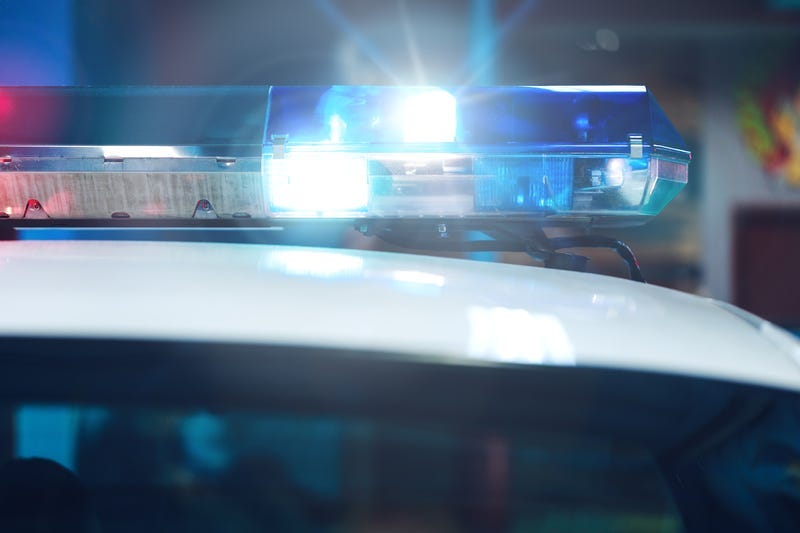
Some eight million Californians could be eligible to clear their criminal records under a new bill introduced by a San Francisco assemblyman.
The bill, AB 1076, would affect drunk drivers, burglars and other low-level offenders who have served their sentences, but are trailed by their criminal records. The brush with the law interferes with their applications for jobs and housing and can even prevent them from accompanying their children on school field trips.
Jay Jordan, who was convicted six years ago of robbery, said his criminal record stands in the way of bringing an adopted child into his family.
“Me and my wife are blessed to have a six-month-old beautiful, beautiful baby boy,” he said. “My wife is older in age and we were thinking about adopting, and because of my conviction, we can never adopt.”
Now, as an activist with Californians for Safety and Justice, he is supporting a bill by Assemblyman Phil Ting (D-San Francisco), which would automatically clear convictions that are eligible for remaining under seal.
If passed the bill would be the first of its kind in the country, Ting said.
"If we can get the Department of Justice to compile a database of all these folks, send it out to all the different courts around the state, and ask the states to expunge the records or to withhold the records, then we think that would make a huge, huge impact,” Ting said.
Ting made the announcement with San Francisco District Attorney George Gascon, who says the criminal records would still be in the DOJ database, just not publicly available.
“It will simply not be used to keep people from getting housing, getting employment, or getting educational loans, or, quite frankly, from even participating in simple things such as after-school activities with children,” Gascon said. “Many schools will not allow somebody with a felony conviction to go to a school outing with their kids.”
If passed, the bill would automatically clear convictions where sentences were served at local jails or for people who are put on probation and stay out of trouble.
The bill will not impact firearms ownership regulations, nor would sex offenders or anyone incarcerated in a prison be eligible to shield a conviction from view.
It's estimated that fewer than 20 percent of eligible cases are cleared and most offenders are unaware they can seal their criminal records.
